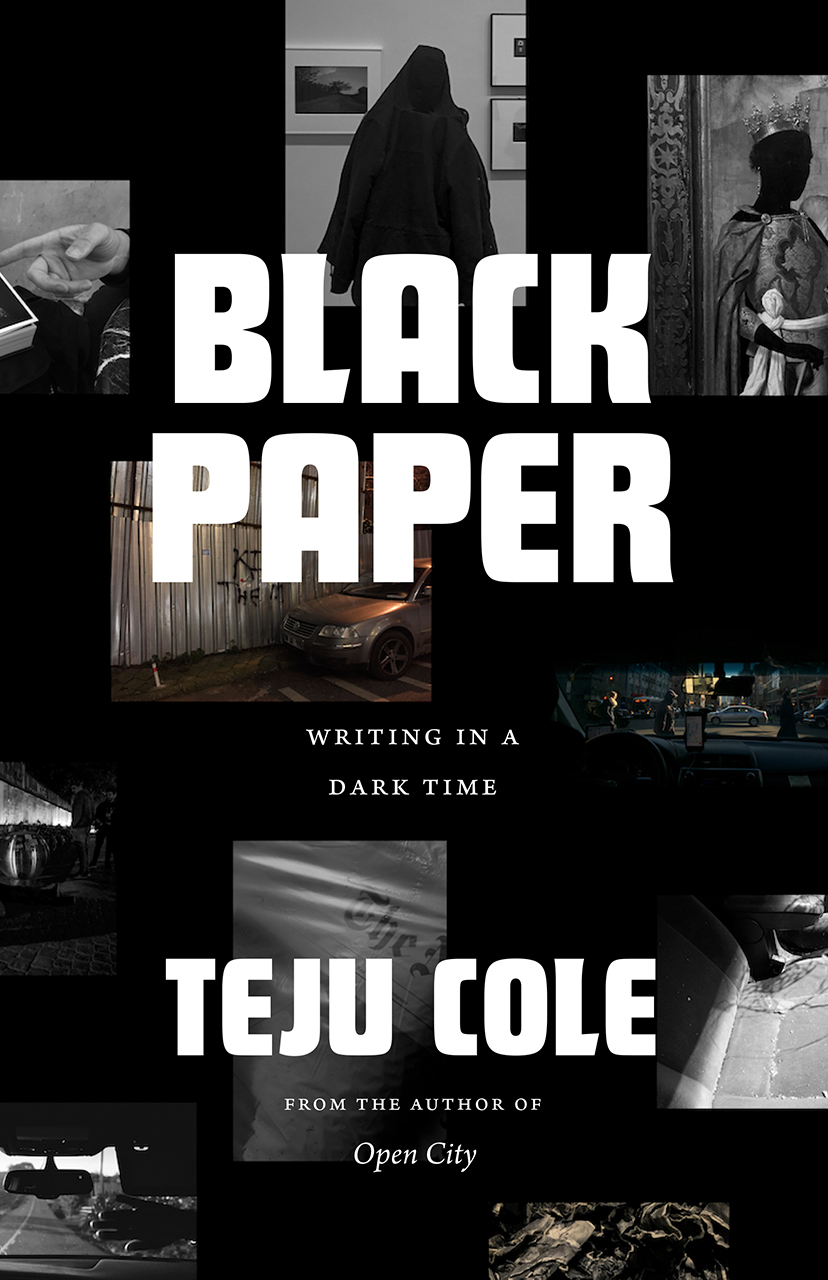What do you think?
Rate this book


288 pages, Hardcover
First published October 27, 2021
'But I don’t go to Caravaggio to be reminded of how good people are, and certainly not because of how good he was. To the contrary: I seek him out for a certain kind of otherwise unbearable knowledge. Here was an artist who depicted fruit in its ripeness and at the moment it had begun to rot, an artist who painted flesh at its most delicately seductive and its most grievously injured. When he showed suffering, he showed it so startlingly well because he was on both sides of it: he meted it out to others and received it in his own body. Caravaggio is long dead, as are his victims. What remains is the work, and I don’t have to love him to know that I need to know what he knows—'
'After observing the foreign policies of the so-called developed countries, I cannot trust any complacent claims about the power of literature to inspire empathy. Sometimes, even, it seems that the more libraries we have over here, the more likely we are to bomb people over there.'
'It does not stop bombs. It does not, no matter how finely wrought, change the minds of the fascists who once more threaten to overrun the world. So what is it good for—all this effort, this labor, this sweating over the right word, the correct translation? I offer this: literature can save a life. Just one life at a time. Perhaps at 4 a.m. when you get out of bed and pull a book of poetry from the shelf—Something deeply personal happens there, something both tonic and sustaining.'
'On my way to becoming African, I also began to become Black, which proved a more complex journey. “African” had been about mutual spaces with Africans: friends from across the continent, or people with whom I’d been placed in the same category. It had something to do with finding ourselves strangers in the strange American land, but also with our shared experience of the background radiation of colonialism. The formalized White supremacy of colonial rule ended in Nigeria only fifteen years before I was born. It was still fresh. “African,” whatever else it was, was about collectively undoing this assault. “Black” was something else. It was, in a sense, more inclusive. In the inclusive sense, it took in all that colonial hangover and added to it the American experiences of slavery, slave rebellion, Jim Crow, and contemporary racism, as well as the connective tissue that bound the Black Atlantic into a single pulsing bruise—which brought all of the Caribbean into its orbit—as well as European, Latin American, and global diasporic Blackness. But “Black” was also more restrictive because, in everyday language, “Black” (or “black”) was American Black, and “American Black” meant American Black descended from enslaved people. It wasn’t about every Black person in the world; it was localised to the American situation. To be Black in America, that localized tenor of “Black” had to be learned; it had to be learned and loved. Black skin (sometimes just a shade or two off-white) was the admission to the classroom, but Black American cultural codes were the lesson. So, I learned Black—like Black British living in LA learn Black, like Jamaicans in Brooklyn, Haitians in Miami, Eritreans in DC, and Gambians in the Bronx learn Black. We learned Black and loved Black—knowing all the while, though, that it wasn’t the only Black.'
'In a speech Albert Camus gave in Uppsala, Sweden, in 1957, he described the collective value of our seemingly disconnected lives: Some will say that this hope lies in a nation; others, in a man. I believe rather that it is awakened, revived, nourished by millions of solitary individuals whose deeds and works every day negate frontiers and the crudest implications of history.'
'What are we to do in a nation that surpasses all others in turning suffering into entertainment? I propose a resistance made of refusals. Refuse a resistance excised of courage. Refuse the conventional arena and take the fight elsewhere. Refuse to eat with the enemy, refuse to feed the enemy. Refuse to participate in the logic of the crisis, refuse to be reactive to its provocations. Refuse to forget last year’s offenses and last month’s and last week’s. Refuse the news cycle, refuse commentary. Refuse to place newsworthiness above human solidarity. Refuse to be intimidated by pragmatism. Refuse to be judged by cynics. Refuse to be too easily consoled. Refuse to admire mere political survival. Refuse to accept the calculation of the lesser evil. Refuse nostalgia. Refuse to laugh along. Refuse the binary of the terrible past and the atrocious present. Refuse to ignore the plight of the imprisoned, the tortured and the deported. Refuse to be mesmerised by shows of power. Refuse the mob. Refuse to play, refuse decorum, refuse accusation, refuse distraction, which is a tolerance of death-dealing by another name. And when told you can’t refuse, refuse that, too.'
'Death sets off a flurry of reading and writing. Of rereading. How come so-and-so feels so alive in my inbox? What is the last email so-and-so wrote to me? Archive fever.'
“Conversations between characters are all well and good; countesses must, I suppose, sweep into rooms, as they do in certain novels. But the secret reason I read, the only reason I read, is precisely for those moments in which the story being told is deeply alert to the world, an alertness that sees things as they are or dreams things as they could be. Those moments that are like a dark forest, a wide sky, an unplumbable mystery, or, in Heaney’s words, a ‘hurry through which known and strange things pass.’”